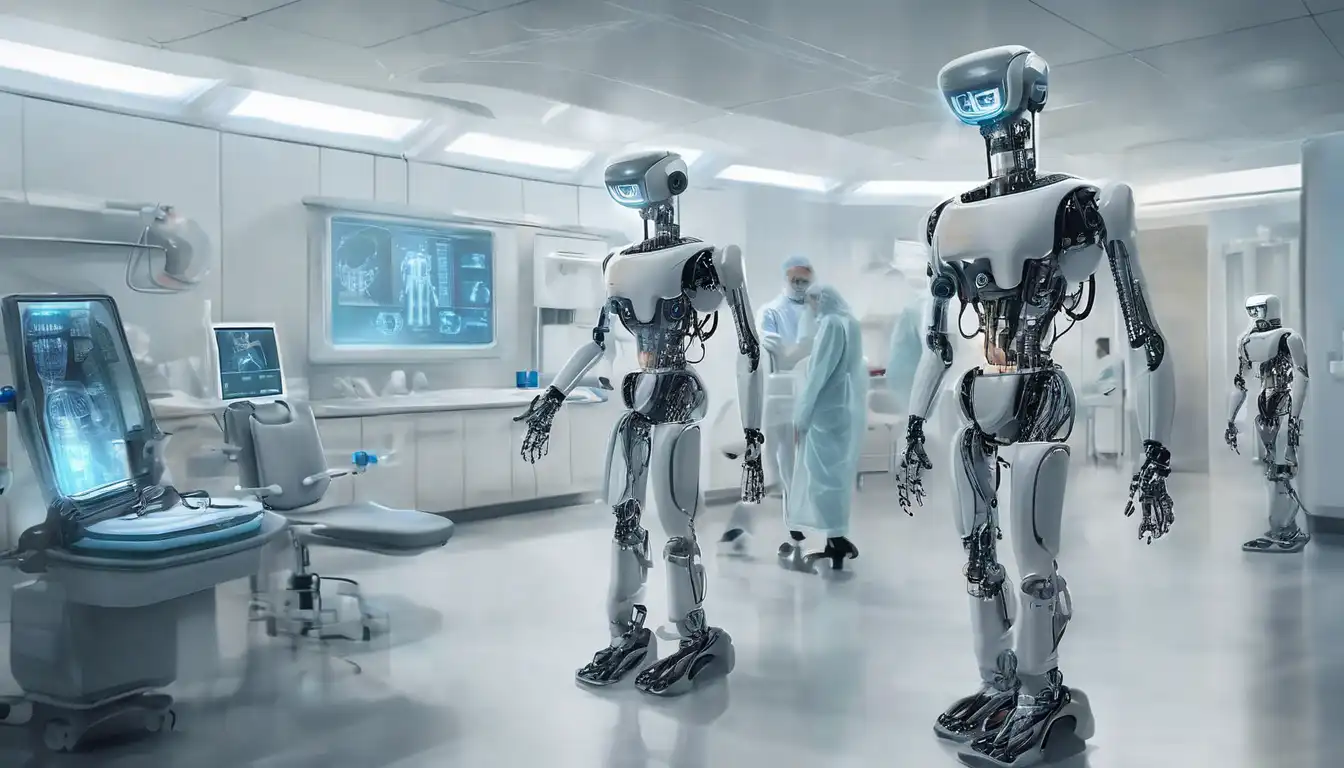The Next Era of Robotics in Healthcare
The integration of robotics into healthcare is transforming patient care, surgical procedures, and rehabilitation processes. This technological evolution is not just enhancing the efficiency of healthcare services but also improving the accuracy and outcomes of medical treatments. As we look towards the future, the potential of robotics in healthcare seems boundless, promising a new era of medical innovation and patient care.
Transforming Surgical Procedures
Robotic surgery has become a cornerstone of modern medical practices, offering precision that surpasses human capabilities. With the advent of robotic-assisted surgery, procedures have become less invasive, reducing recovery times and minimizing the risk of complications. The future promises even more advanced robotic systems capable of performing complex surgeries with unprecedented accuracy.
Enhancing Patient Rehabilitation
Robotics is also revolutionizing the field of rehabilitation. Robotic exoskeletons and prosthetic limbs are providing patients with mobility impairments the opportunity to regain movement and independence. These technologies are not only improving the quality of life for individuals but are also setting new standards in physical therapy and rehabilitation.
Automating Routine Tasks
Beyond surgical and rehabilitation applications, robotics is automating routine tasks in healthcare settings. From dispensing medication to sanitizing hospital rooms, robots are reducing the workload on healthcare professionals, allowing them to focus more on patient care. This automation is expected to expand, covering more aspects of healthcare operations in the future.
The Role of AI in Robotics
Artificial Intelligence (AI) is playing a pivotal role in the advancement of healthcare robotics. AI algorithms enable robots to learn from data, improve their performance over time, and make informed decisions. This synergy between AI and robotics is paving the way for smarter, more adaptable robotic systems in healthcare.
Challenges and Opportunities
Despite the promising future, the integration of robotics in healthcare faces challenges, including high costs, ethical considerations, and the need for specialized training for healthcare professionals. However, these challenges also present opportunities for innovation, collaboration, and the development of more accessible robotic solutions.
The future of robotics in healthcare is bright, with the potential to revolutionize every aspect of patient care. As technology continues to advance, we can expect to see more sophisticated robotic systems that enhance the efficiency, accuracy, and accessibility of healthcare services worldwide.
For more insights into the latest trends in healthcare technology, explore our technology section.
